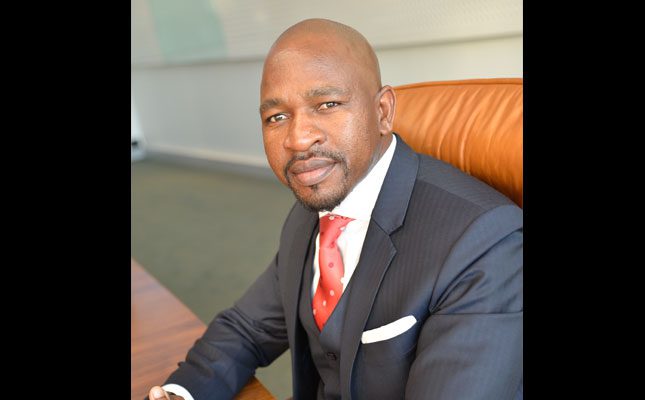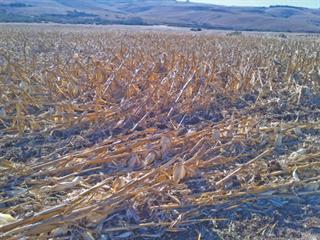
Photo: Supplied
He takes over from Khensani Mukhari, who in May last year was appointed as acting CEO, following the resignation of Ayanda Kanana, who served in the position for two years.
Land Bank declined interviews with Rikhotso until April, but said in a statement that Rikhotso held a B.Com Degree and an MBL, has completed an International Executive Development Program with GIBS, as well as an Executive Development Program with Wharton.
Rikhotso reportedly has 20 years’ experience in the financial services sector, and extensive executive management experience offering solid retail and corporate banking skills, alongside experience in funding agricultural projects across the continent.
He has held various leadership roles including Executive Head of Sales, Transaction Banking and Investment Banking at the Standard Bank Group and Head of Transactional Banking at CFC Stanbic Bank, Kenya.
Christo van der Rheede, CEO of Agri SA said the appointment was a step in the right direction for the bank, which has been defaulting on its debt since 2020: “We wish Rikhotso all the best in this new task. It sounds as if he is well qualified and positioned to steer the bank onto a more positive course.”
The bank towards the end of last year, announced that it had finalised a strategy that it believed would set the basis for a future trajectory of the bank into a development finance institution that will meaningfully contribute to the transformation of the agriculture sector.
Van der Rheede said he hoped that Rikhotso would not pursue this course at the cost of the commercial sector, as the commercial and development sectors were interdependent.
Francois Rossouw, CEO of the Southern African Agri Initiative (SAAI) said it was great that the position was finally filled, as the CEO of a company helped to steer the culture, strategy and finances of a business, which were all desperately needed at Land Bank at the moment.
But, Rossouw said, he could not get excited about the appointment until he knew what direction the bank was taking regarding its commercial loan book.
Farmer’s Weekly last year reported that Land Bank had taken over the loan book of its intermediaries, such as agribusinesses and cooperative, in an attempt to improve its financial position.
Rossouw said this withdrawal left a huge capital void and negatively impacted relationships in the market: “The agribusinesses have a close relationship with the farmers and the agricultural industry, so was well equipped to help their clients manage these loans.
Land Bank, however, has lost a lot of expertise over the years and no longer has the capacity to manage these loans in the way in which the agribusinesses did.”
Noko Masipa, DA shadow minister of Agriculture, said that problems at Land Bank in recent times were a result of the loan assets portfolio being entirely funded through short term debt raised from the capital markets with no reserves, but succession planning was also highlighted as a problem as most of the CEO contracts or tenures were short and in effect disruptive towards business continuity.
“The new CEO comes at a time when investors have lost confidence in the business model of the Land Bank,” he said.
Masipa said that the CEO would have to make stakeholders aware that the bank’s business model will have to change to improve its ability to raise capital and private investments, and that commercial farmers needed to be part of this model to cross-subsidies the bank’s efforts to grow the emerging black farmers’ loan book.
However, even if the CEO managed to achieve these, Masipa warned that expropriation of land without compensation would be the final nail in the bank’s coffin.











